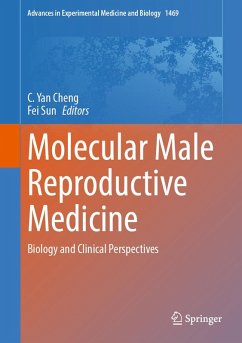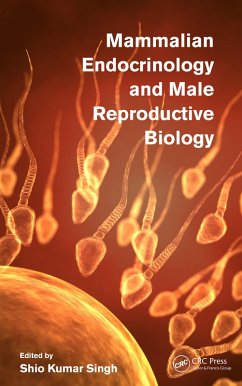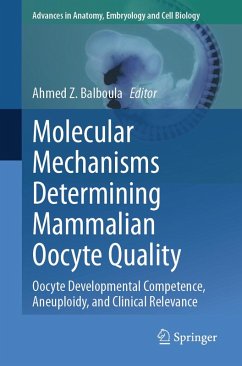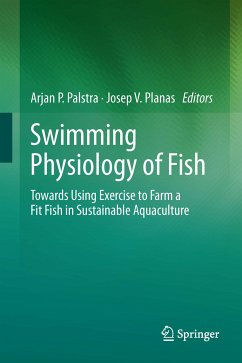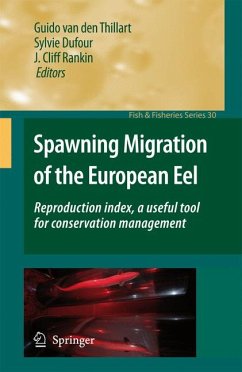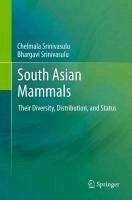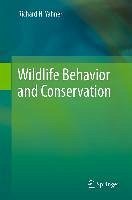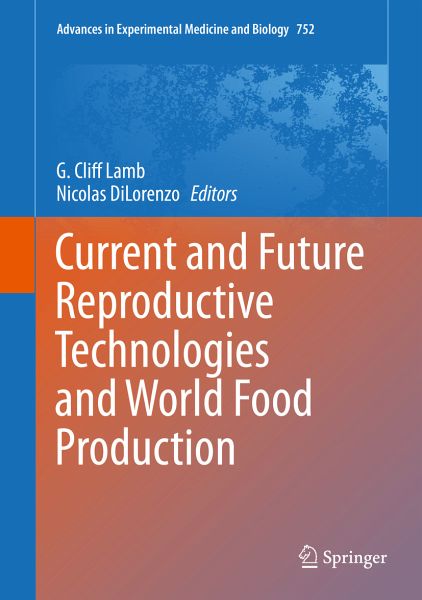
Current and Future Reproductive Technologies and World Food Production (eBook, PDF)
Versandkostenfrei!
Sofort per Download lieferbar
112,95 €
inkl. MwSt.
Weitere Ausgaben:

PAYBACK Punkte
56 °P sammeln!
¿¿¿¿¿¿¿¿¿¿¿This book addresses the impacts of current and future reproductive technologies on our world food production and provides a significant contribution to the importance of research in the area of reproductive physiology that has never been compiled before. It would provide a unique opportunity to separate the impacts of how reproductive technologies have affected different species and their contributions to food production. Lastly, no publication has been compiled that demonstrates the relationship between developments in reproductive management tools and food production th...
¿¿¿¿¿¿¿¿¿¿¿This book addresses the impacts of current and future reproductive technologies on our world food production and provides a significant contribution to the importance of research in the area of reproductive physiology that has never been compiled before. It would provide a unique opportunity to separate the impacts of how reproductive technologies have affected different species and their contributions to food production. Lastly, no publication has been compiled that demonstrates the relationship between developments in reproductive management tools and food production that may be used a reference for scientists in addressing future research areas. ¿During the past 50 years assisted reproductive technologies have been developed and refined to increase the number and quality of offspring from genetically superior farm animal livestock species. Artificial insemination (AI), estrous synchronization and fixed-time AI, semen and embryo cryopreservation, multiple ovulation and embryo transfer (MOET), in vitro fertilization, sex determination of sperm or embryos, and nuclear transfer are technologies that are used to enhance the production efficiency of livestock species.
Dieser Download kann aus rechtlichen Gründen nur mit Rechnungsadresse in A, B, BG, CY, CZ, D, DK, EW, E, FIN, F, GR, HR, H, IRL, I, LT, L, LR, M, NL, PL, P, R, S, SLO, SK ausgeliefert werden.




